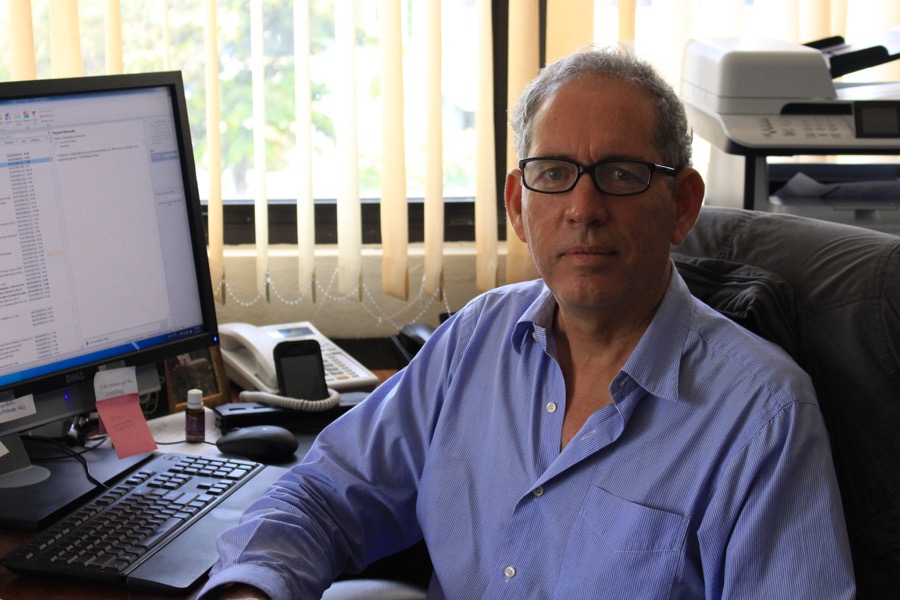
Quick Facts
- Name: Jaime Matta
- Comes from: Ponce
- Lives in: Coffee farm in Ponce
- Leisure time activities: Reading, farming, yoga
- Likes: the ocean, dogs, yoga
- Unsuspected talent: music (guitar)
- Currently reading: Limitless (Jim Kwik), Principles (Ray Dalio), The life-changing magic of tidying up (Marie Kondo)
In a nutshell
- My research matters because it has created new knowledge in several fields and has helped to train many young scientists and physicians.
- One of the inspirations for my research has been the pioneering work of scientists and physicians that stepped outside the box and looked at things in a completely new radical way. To name a few: Dr. Otto Warburg, Dr. Robert Becker. The late Dr. Lawrence Grossman (Johns Hopkins University) introduced me to the field of DNA repair and was my mentor until his passing.
- The best thing about my job is contributing to the education of many talented students, the constant learning of new concepts and ideas and being of service to others.
- My career highlight so far has been the discovery that a low DNA repair capacity (DRC) is an important risk for breast cancer (2004) and subsequent patent (2012) for a method to link DRC levels with risk is perhaps the most significant contribution.
- My advice to aspiring researchers is to always strive for excellence, to try to step “out of the box” in order to be creative and innovative, and to be of daily service to others in need.
Jaime L. Matta, Ph.D.
Professor
Department of Basic Sciences – Divisions of Pharmacology and Toxicology, Cancer Biology
Ponce Health Sciences University
